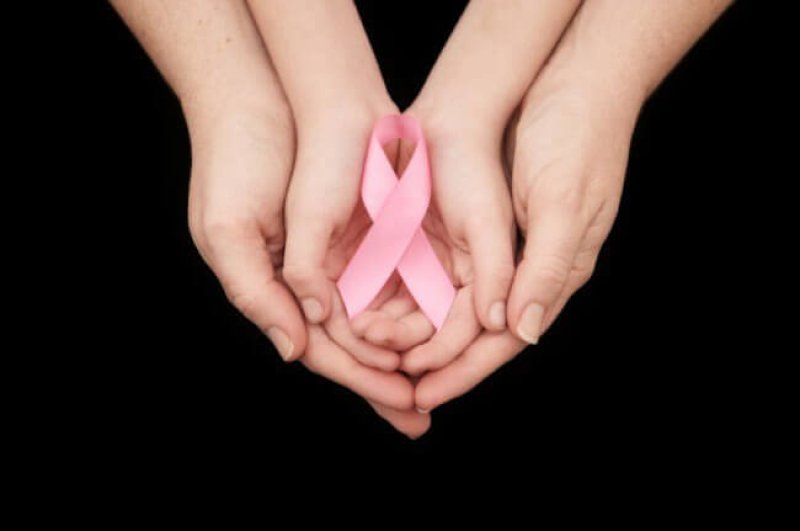Before I was scheduled for a double mastectomy at the age of 60, I knew I was infinitely blessed: The breasts I was preparing to sacrifice were (as far as I knew) healthy. And though it was (sometimes literally) a crying shame to give them up—even at my age—when friends exclaimed over the difficulty of my decision, I was obliged to correct them. In fact, it was the easiest choice I ever made.
Because, as life-affirming as these organs are designed to be, since testing positive for a BRCA mutation, I had begun to regard them, in the words of my daughter, as “twin ticking time bombs.”
When I mention BRCA and someone appears puzzled I usually say, “Lucky you. Ignorance is bliss.” But even as those words come from my mouth, I know they are not 100 percent true. They are, to be exact, 97.5 percent true if that person happens to be an Ashkenazic Jew. For the other 2.5 percent of us, ignorance can, in fact, be fatal.
By virtue of its prevalence, BRCA has once again cast Jews as lead dog. “We are often the ones open to new medical knowledge,” says Eis. “The one whose job it is to do the research and then teach the rest of the world.”
One lesson just may be to face BRCA head-on: How would you feel, for instance, if you failed to “burden” your daughter or niece with your family’s history and she ended up with a BRCA-related cancer that could have been prevented or caught early?
Genetic flukes like the BRCA mutation got traction, explains Jon Entine, author of Abraham’s Children: Race, Identity, and the DNA of the Chosen People (Grand Central Publishing), as a side effect of our greatest strength: unity. “This mutation is a price we pay for our insistence on staying together no matter what, which is why and how we have survived. For me, it is not just a scientific or historic fact but a spiritual journey, too.”
Read full, original article: Breasts and Blessings































